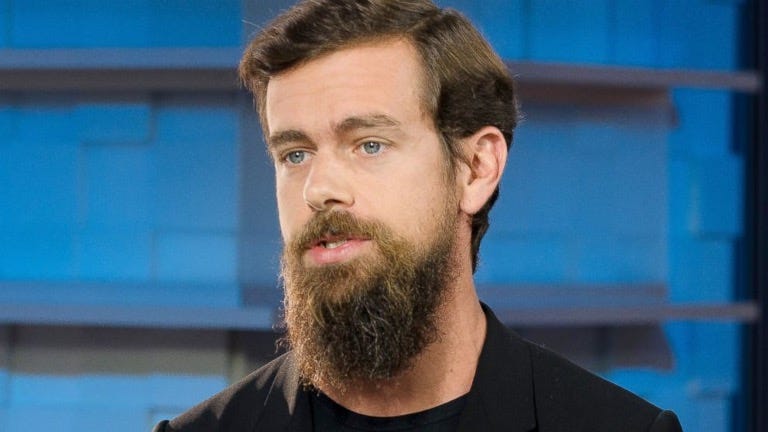Explaining Xi’s Crackdown on the Chinese Tech Sector
“The first complaint we hear from everyone is: 'Why would I want to join this stupid useless thing and know what my brother's eating for lunch?' But that really misses the point because Twitter is fundamentally recipient-controlled - you choose to listen and you choose to leave. But you also choose what to put down and what to share.” – Jack Dorsey
Whether you think Donald Trump is a dictator wannabe who incited a treasonous insurrection on January 6, 2021, and continues to propagate the “Big Lie” to this very day, or you think the 2020 presidential election was stolen from him and Joe Biden is a powerless, dementia-ridden puppet of the deep state, this article is for you. For the purpose of today’s post, it doesn’t matter which of these two versions of reality you believe, or even which one is closest to the truth.
It is an objective and apolitical fact that big tech in the US – Twitter, Facebook, Apple, Amazon, and Google – believed and acted as though the first version were fact. The sitting President’s Twitter and Facebook accounts were initially suspended and then ultimately deleted. An active social media platform, Parler, was shut down altogether by Apple, Google, and Amazon, in perhaps the largest de-platforming of all-time. These things happened, and it was a gigantic deal. You can think these companies performed their obvious and patriotic duties to save the republic, or you can think they are tools of the deep state who facilitated an unjust transfer of power, but you can’t deny their eye-popping display of power.
I don’t think you can deny Xi Jinping noticed, either.
Trump’s Twitter account was a giant megaphone through which all manner of truly unprecedented things was communicated by a sitting US president. Love him or hate him, he was a spectacle. That megaphone was turned off, not by an act of Congress or even by formal popular consent, although it was certainly popular in some quarters. It was turned off by Jack Dorsey. In ways that really count in the moments that really mattered, Dorsey had more power than the President of the United States, and he used it.
I think it is no coincidence Xi’s domestic crackdown started the same week as the disputed US election with a move against another Jack – Jack Ma. It began with blocking the IPO of Ma’s Ant Financial and has continued unabated across the entire Chinese technology landscape. Just last week, Xi dropped the hammer on DiDi, the ubiquitous ride-sharing company that had just completed a now-controversial IPO on the New York Stock Exchange, ostensibly over violations of passenger data privacy.
In China’s Achilles’ Squeal, I argued that Xi and the CCP are paranoid and often act out of weakness. We might perceive the CCP under Xi to be an all-powerful surveillance state, but he doesn’t necessarily see it that way. Viewing his behavior through that lens can be constructive.
Let’s begin with the simple observation that the CCP is a paranoid organization, and for good reason. By definition, a government born out of a protracted and violent revolution knows a thing or two about how one’s grip on power can be precarious… We view that as a classic China-is-strong-and-a-threat take. In reality, it almost certainly signals a desire on Xi’s part to shore up a critical weakness.
I submit that Xi took one look at what transpired in the US in the aftermath of the presidential election and discovered a major loophole in his grip on power. Trump may or may not have wanted to become a dictator, but Xi is an actual one, and is acting accordingly.
If you enjoy Doomberg, subscribe and share a link with your most paranoid friend!





fear and control and very close cousins. another obvious example of this china's crackdown on bitcoin.
Dr. Paul Romer agreed with you yesterday: https://blinks.bloomberg.com/news/stories/QWUTFVT0AFB8